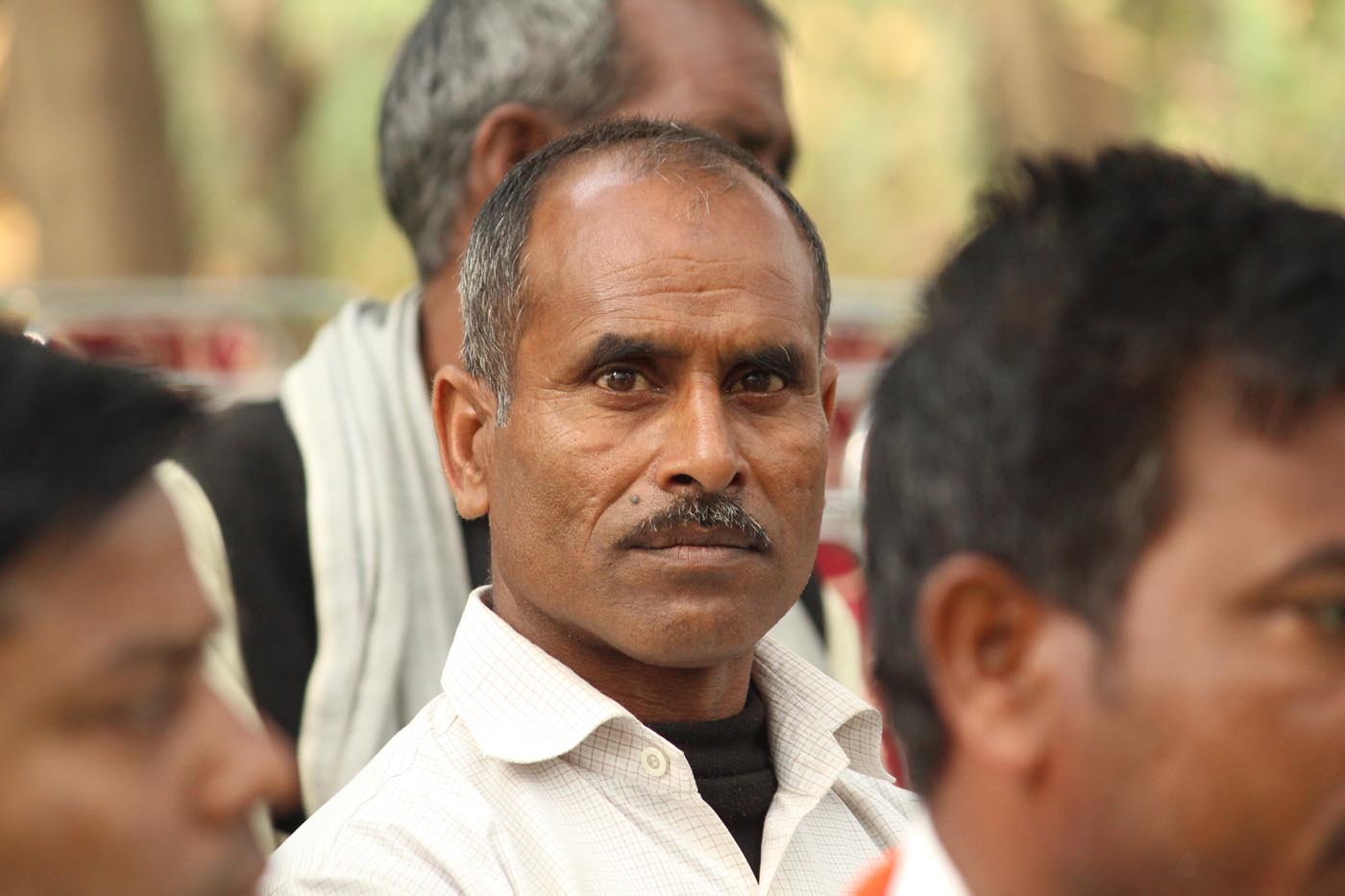In 2013, WWF-India started the Ganga/Ramganga Mitra programme which aims to address sustainable long term river conservation and promote citizen-driven actions to preserve the Ganga and its main tributary-the Ramganga.
The river Ramganga stretches across 650km from Uttarakhand to Uttar Pradesh is rich in biodiversity and is home to many endangered and vulnerable species including six turtle species, smooth coated otters and 90 species of fishes. The flood plains of Ramganga supports good population of Sarus Crane- the State bird of Uttar Pradesh. But lately, the river has been under strain due to excessive riverside farming, pollution caused by agriculture run-offs and industrial wastes, among others. Considering the need to improve the health of the river and importance of the role of water users across sectors WWF-India established the Mitras initiative. The Mitras (friends of the river) are a collective group of volunteers who work together to preserve and protect the rivers.
The Mitra platform was formed to facilitate discussions and debates among communities to design initiatives to mitigate water risks of the rivers. Over the years, these Mitras have grown to become a powerful group of over 4,000 volunteers who have become champions of conservation.

Tara Devi remembers when WWF-India first came to her village to promote the use of organic fertilizers and pesticides, and how unsure she was back then about the new practice-which promised increased crop productivity, reduced costs, and above all prevented water contamination. After some deliberation over the matter, Tara Devi became increasingly inclined to take up the new practice. Now, she not only practices organic farming but has influenced other women and around 200 farmers in the village to adopt WWF-India’s Best Management Practices (BMP) on Sustainable Agriculture. The initiative aims to address threats like agriculture runoffs to the river Ramganga which is mostly filled with harmful chemicals due to rampant use of pesticides for agriculture.

Chedah Lal is known to be a man of many talents. A prolific song writer, poet and a progressive farmer, he uses his songs and poems as a medium to create awareness on the need to conserve and protect the river Ramganga. Chedah Lal has been in the forefront of the Ramganga Mitra initiative in his village where he actively organizes meetings on sustainable agriculture. Through these meetings he tirelessly voices his opinion on the need to adopt WWF-India’s Best Management Practices (BMP) on sustainable agriculture. He has been an advocate for organic farming, which reduces farmer’s dependency on harmful pesticides, and in the process limits the harm done by chemical pesticides to the river.

Dr. Seema Mahendra is a loving mother, noted professor, and a spirited Ramganga Mitra from Moradabad. She recollects of the times when she used to go to the banks of the river as a child for picnics, but now she has to think twice to go near the polluted region. She joined WWF-India’s Ramganga Mitras initiative to protect the River Ramganga and took up the battle to restore the river back to its former glory. Dr. Seema has been part of many restoration activities where she has conducted many river health assessment programmes and door-to-door awareness activities.
The writer works as a Senior Communications Officer with WWF-India's Marketing and Communication Division.